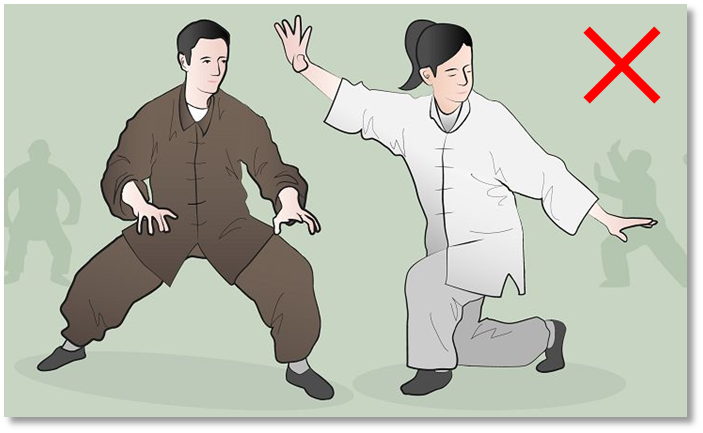- Laser vaporization and transurethral resection of the prostate is performed by means of a cystoscope passing through the urethra and vaporizing and resecting the prostrate with a laser. The surgery itself is quite safe, but most of the patients undergoing the operation are of high age group and have low physical tolerance, so cerebrovascular and heart disease accidents may occur during and after the operation, but the incidence rate is very low.
- Several days after the operation, frequent urination, urinary urgency, incontinence, pain in urination or hematuria are temporary phenomena after the removal of catheters, which will gradually be eased within 1 to 2 weeks. However, it takes about 2-3 months for the urethral wound to heal completely, and follow-up treatment should be continued at the outpatient clinic.
- A small number of patients may have massive hematuria after surgery. If massive hematuria or blood clots cause difficulty in urination before a return visit, please call the urological ward to consult a doctor (04-22052121 ext. 6390). In case of emergencies, go to the emergency room as soon as possible.
- In order to avoid massive hematuria, the following points should be paid attention to:
- To prevent constipation, it is necessary to eat more vegetables, fruits or take oral laxatives to avoid unnecessary enemas.
- Within one month, do not ride a bicycle, motorcycle, squat for an extended period of time or take a sitz bath in warm water; avoid strenuous exercises such as running or practicing neigong and waidangong; go up or down stairs slowly.
- If there is no history of heart failure or other special contraindications, people should drink more water during the day, about 1,500-2,000 c.c., and may adjust their intake according to the situation, and try to drink less before going to bed at night.
- Avoid sex within three months, but masturbation is allowed. Sexual life can be gradually resumed three months later.
- Avoid stimulating food, such as alcohol, chilies and ginger, within one month.
- Avoid taking Chinese medicines, blood-activating tonics and unprescribed medicines within one month, such as Ginseng, sesame oil, angelica... etc.


.png)
- The reuse time of anticoagulants should be discussed with the attending physician.
- In a few patients, excessive scarring of urethral or prostate gland wounds after surgery may result in urethral stricture, which may require re-endoscopic incision.
- A small number of patients still relapse or develop malignant tumor after prostatectomy. The anal prostate gland palpation and blood sampling should be performed annually to detect serum prostate gland specific antigen.
- Retrograde ejaculation may occur in most patients after surgery, which may result in male infertility. After the semen is injected into the bladder, the semen in the bladder is discharged along with the urine when urinating, which is an inevitable phenomenon without affecting health. If you want to have a baby, you can consult with your physician and receive intra-urine sperm separation or other methods of sperm extraction.
- A few patients suffer from sexual dysfunction after surgery.

